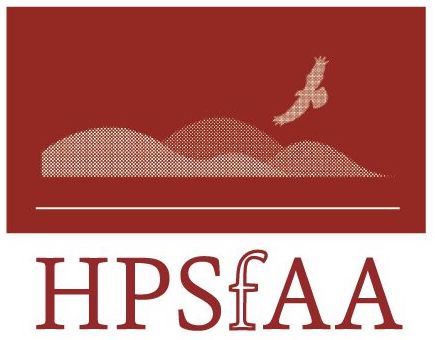  
 
The High Plains Society for Applied Anthropology |
|
Knowledge versus Knowing: Zande Leechcraft
Margaret L. Buckner
Recent fieldwork among the Zande in the Central African Republic has revealed an amazing diversity in medicinal plant recipes given by residents of the same village and even members of the same family. Each individual learns throughout his or her life, through a variety of sources and experiences, more or less a unique repertoire of treatments using plants. Rather than a fixed, shared, impersonal body of knowledge, Zande leechcraft seems to consist of "knowing" medicinal plants and in an active, subjective way; "knowing" is a function of individual circumstances and social situations. Moreover, the treatment used in a given situation is not the generalized application of a universally-known medicinal recipe, but is selected from among several possible treatments according to the particular social and physical circumstances. The transience of "knowing" seems to encourage open-mindedness and skepticism, which may offer advantages in adapting to a world increasingly invaded by Western knowledge. It also calls into question the usefulness of applying indigenous Zande medicinal "knowledge" to non-Zande contexts.
High Plains Applied Anthropologist No. 1, Vol. 18, Spring, 1998 pp 3 – 7<Get PDF>
Back To List of Previous Issues